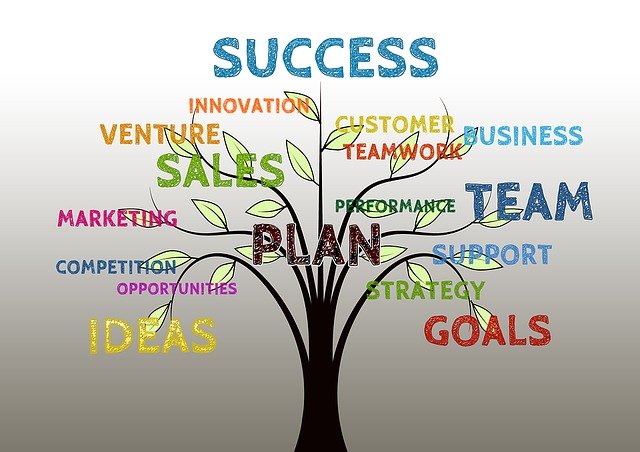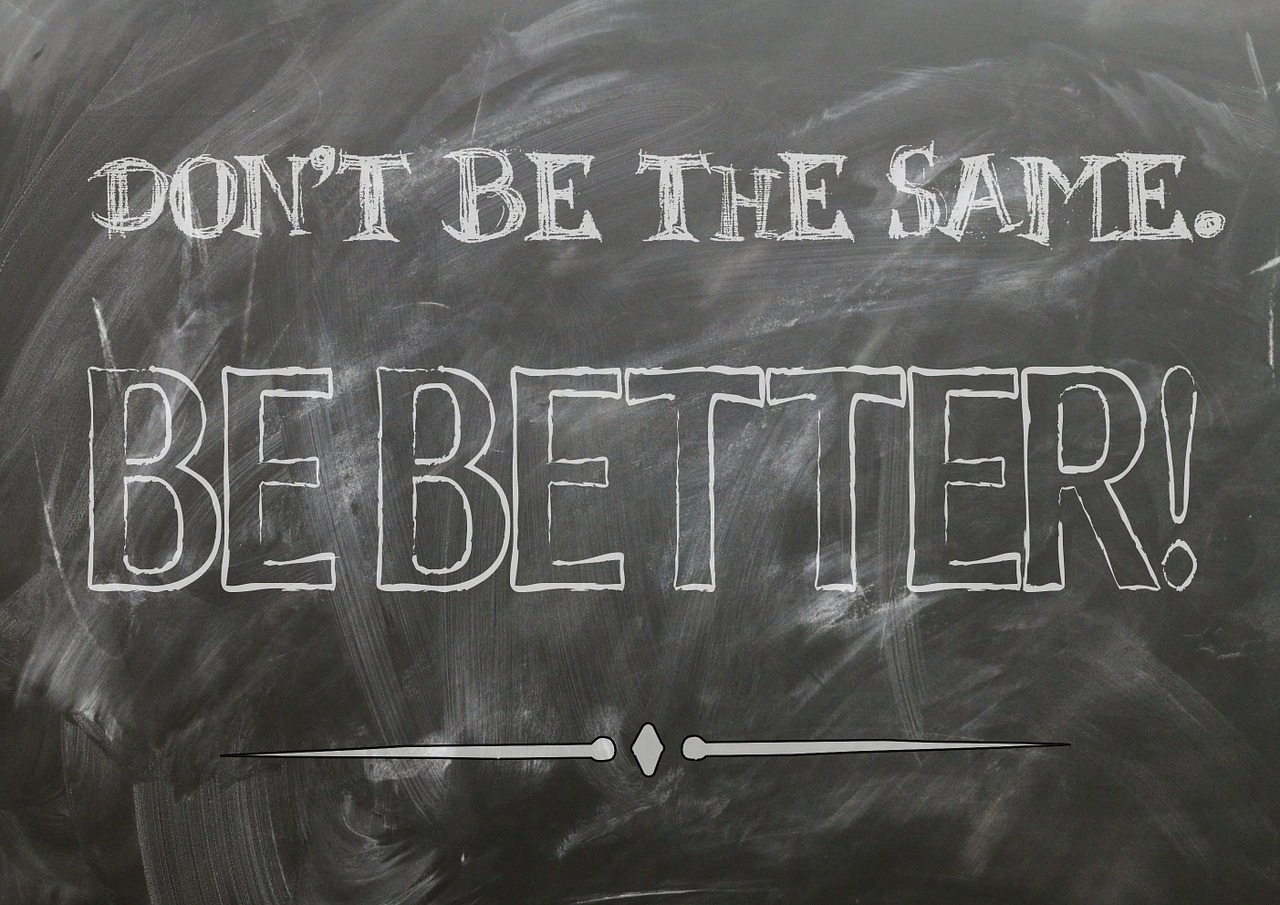What image comes to mind when you think of sales?
Is it some slick-haired swindler in a cheap suit, circling a used car parking lot? Or a coked-out sleaze, fast-talking grandma out of her retirement?
That may seem harsh, but it’s not far from public perception. A colleague once described salespeople, “robots that regurgitate company slogans.” I didn’t know if she was joking or referring to Alexa.
Given all the bad press, why am I talking about sales on a self-improvement blog? Because it’s not just a career for thirteen million people, it’s also a key life skill. The challenges you face – rejection and extreme pressure – mold you into a better person. Anything you aspire to requires a bit of selling, whether the product is you, your company, or your ideas. Anybody can benefit from a stint in sales, but if it’s not your path, here are six life lessons you can take from my decade in sales.

1) The Pareto Principle is pretty accurate
The principle coined by economist Vilfredo Pareto states that eighty percent of results come from twenty percent of causes. It’s not a precise ratio, but the phenomenon tends to bear out, in everything from crime rates to pollution stats.
My decade in sales has often confirmed the 80/20 rule: most sales always came from a minority of my clients. Expect the same for customer issues.
Starting a business? Four-fifths of the growth will come from one-fifth of your efforts. One out of five employees will drive a disproportionate impact for your company. Ask yourself: are you focusing on your top quintile of products, clients, and investors?
Learning new skills? Mastery will come from a few core fundamentals. When studying a new subject, ask yourself if you’re practicing the right material the right way.
The point is in any endeavor, focus on the few things that matter. When you do, your results will no doubt improve.
2) Adapting to change
In sales, as in business and life – everything is subject to change. Your buyer’s whims. Your manager’s whims. Products, prices, and promotions — sometimes all at once. I’ve weathered re-organizations, acquisitions, and layoffs. The target seems to stay moving; your arrows always change. Many struggle with this. They take it as a personal affront when their customer ‘changes direction’. They resist new leadership or policies.
Others grow an adaptation response. They focus on what they can control and fare much better. Wherever you are in your career, expect change to accelerate. Don’t fight it – strive to be flexible and embrace it.
Click To TweetThe art of life lies in a constant readjustment to our surroundings.
– Kakuzo Okakura
3) It’s not about where you work, it’s about where you fit
When I left an unfulfilling job, I wasn’t sure where to apply to next. Most people ask their friends for referrals, but none of mine were happy in their careers either. My fallback was to scan the “Best Companies to Work For” lists and cross-reference that with job boards. I soon landed a position with one and promptly hated it. It was a pressure-cooker environment, rife with micro-management.
I learned that it’s less about the shiny brand logo and more about where you fit in. What matters is your manager, your team, your role, and your department. Another company I worked for had few perks, no office windows, not even coffee. People scoffed or snickered when I said the name. But I could work from home (before COVID) and take vacations whenever I needed them. Our team went out every evening and drink to our wins and losses together. I was happy because I felt part of a team.

4) Treat people well, lest karma
I grew up in the San Francisco Bay Area, population of eight million. A transient city where people come and go like faces on dating apps. You tend to roll your eyes when someone remarks ‘small world.’ But in the workplace, I’ve found it to be true. You cross paths with the same people. Early in my career, I often took colleagues for granted and overstepped them. When I needed their help, they wouldn’t answer my calls. Why should they have?
Karma is a double-edged sword, and I’ve been on both ends. One coworker derided me behind my back for months. The irony was delicious when I showed up to her interview panel. I’ve seen managers throw their employees under the bus and then lament a lack of loyalty. I’ve had clients ghost me and then pop out of nowhere to ask for free product or a job referral. Often, I still helped; I’m not for petty vindictiveness. But if you act this way, no one will go out of their way for you. They won’t fight for you. Show people dignity, especially when they’re down and out.
5) We should all wear each other’s shoes
Not literally, unless you’re into foot stuff. I mean that we should all try out jobs that are ‘high-contact’ with the public. Foodservice, retail, and sales are three that come to mind. I’ve done them all and gained a new empathy for their challenges. I’m more patient when these workers make mistakes. I’m less likely to complain about things outside of their control. People often criticize their server for the food or blame the salesperson for a product issue. They forget they’re dealing with a human, trying hard to give them a good experience.
One of the reasons I love sales is that it instills so many invaluable life skills. The boldness to reach out to a stranger and test the unknown. It builds the strength to deal with rejection. Good salespeople learn to listen and empathize. All of this makes you a better friend, spouse, or businessperson.

6) There’s more to life than work
In sales, time really is money. When you check Instagram or scroll the news, you aren’t making sales, so you aren’t getting paid. Too many days of this, and you won’t have a job (been there). When you’re on the clock, you’ve got to make it count. But there’s an opposite extreme: people who never take time off, nor vacation, or do anything but work. They even brag about it, wearing their workaholism like a badge of honor. They scoff at balance and shame others who sacrifice the grind to have a personal life. There’s even a phrase for this phenomenon: ‘hustle-culture.’
No matter your career path: work hard, but play harder. The point is to be happy. Not sure where to start? Try these Four Proven Keys to Be Happier. A couple of years ago, I was burnt out from work and graduate school. Adding to the stress was a series of family health scares. I needed a break. So, I left my job, spent time with family, and traveled four continents in six months. I hiked the Inca Trail, scuba-dove the Great Barrier Reef, surfed the teal waves of Bali.
Yeah, the stereotypical Eat-Pray-Love thing.. But it was as liberating as the movies portray. Some people thought it was foolish, “You’re in your thirties, you should plant roots, buy a house, raise a family.” The irony is that I returned more refreshed and more productive too. The sabbatical wasn’t just good for my soul, it was great for my career. As the saying goes, “Sometimes you need to slow down to speed up.”

Please click below to subscribe and to follow us on social media:
Click here to follow us via E-mail!
Click here to follow us on Facebook!
Click here to follow us on YouTube!
Click here to follow us on Instagram!
Click here to follow us on Twitter!
Click here to join our Facebook group!


 15 Best Inspirational Movies That Teach to Never Give Up
15 Best Inspirational Movies That Teach to Never Give Up
 50+ Best Self-Help Books That Will Change Your Life Forever
50+ Best Self-Help Books That Will Change Your Life Forever
 Short Motivational Stories of Failure and Success That You Must Know
Short Motivational Stories of Failure and Success That You Must Know
 10 Examples Where the Power of Positive Thinking Kicks Ass!
10 Examples Where the Power of Positive Thinking Kicks Ass!
 What to Do When Someone Is Better Than You? – Dealing with Jealousy
What to Do When Someone Is Better Than You? – Dealing with Jealousy

Leave a Reply